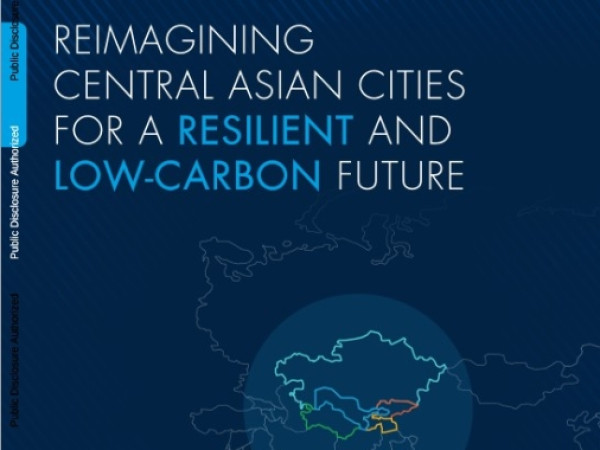
Follow India Renewable Energy News on WhatsApp for exclusive updates on clean energy news and insights
World Bank Report Charts Path for Low-Carbon, Resilient Cities in Central Asia
Feb 20, 2025
The World Bank has released a comprehensive report titled "Building Resilient and Low-Carbon Cities in Central Asia: A Pathway to a Sustainable Future and a Livable Planet". This study provides an in-depth analysis of urbanization patterns in medium to large cities across Central Asia, highlighting key trends and strategic actions necessary for fostering green and resilient urban development.
Key Insights from the Report
The report takes an evidence-based approach to assess urban growth trends and climate-related challenges in 48 urban areas across five Central Asian countries. It aims to equip policymakers with actionable steps to transition cities toward a more sustainable and climate-resilient future.
1. Urbanization and Climate Resilience
The study assesses urban development across five key dimensions:
- Urban Form – Evaluating land use, density, and spatial planning.
- Urban Services & Amenities – Access to essential infrastructure like water, sanitation, and waste management.
- Urban Environment – Measuring air quality, green spaces, and climate resilience strategies.
- Economic Activity – Understanding economic drivers and employment opportunities in urban regions.
- Urban Mobility – Analyzing transportation networks and their impact on sustainability.
2. Actionable Strategies for Green Development
The report highlights localized challenges and provides city-specific recommendations for adopting low-carbon, climate-resilient policies.
3. Data-Driven Policy Roadmap
By integrating urban spatial analysis with environmental and socio-economic factors, the study offers a structured framework for Central Asian cities to implement sustainable growth policies.
With climate change increasingly threatening urban infrastructure, this report serves as a crucial guide for policymakers to develop cities that are both livable and environmentally sustainable. The findings provide a strategic pathway for urban resilience, emphasizing the need for low-carbon solutions and climate adaptation measures across the region.